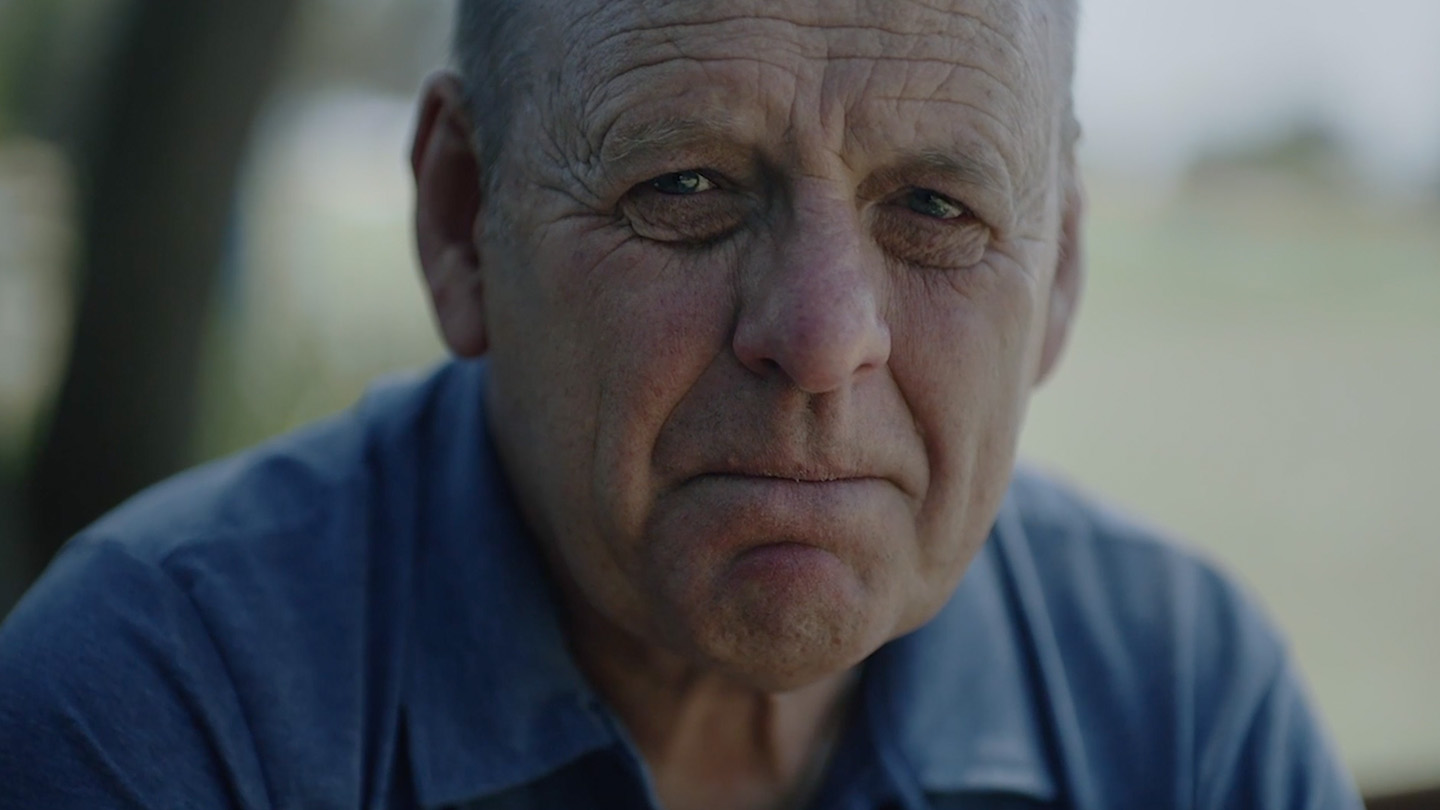Is your loved one missing? See our dedicated site with advice, a checklist and templates.
Provide support
Counsellors, police and the media play an important role both in the search and how those impacted feel
We’ve created some insightful resources to help those around the families and friends of missing loved ones better understand the experience to mitigate the risk of inadvertently causing further upset.

Education
Ambiguous Loss Masterclass
Ambiguous Loss 101
The first component of this world-first initiative provides vital professional and personal development to those who work with, or are close to, families and friends of missing people.

In the early stages of a disappearance, families require practical support. It’s important to recognise that practical support is a key component of emotional support.
Education
Ambiguous Loss Masterclass
Advanced Skills Training
The second component of this masterclass takes a deeper dive into the theoretical constructs of this complex grief. Its intended audience is professionals regularly providing support to families, including specialised police, counsellors and support workers.
EducAtion
The Hope Narratives Facilitation
Use this tangible tool to help guide someone experiencing complex feelings often too difficult to articulate.
Tips for support
Empathy and Etiquette
Little things can have have a big impact.

UNIQUE FORM OF GRIEF
Ambiguous loss
The type of grief families and friends of missing people experience is called ambiguous loss. Psychologists consider it to be one of the most traumatic kinds of grief and one of the most unmanageable forms of stress.
*Ambiguous Loss, the theory and the book; Emeritus Professor Dr Pauline Boss (Harvard University Press, 1999/2000)